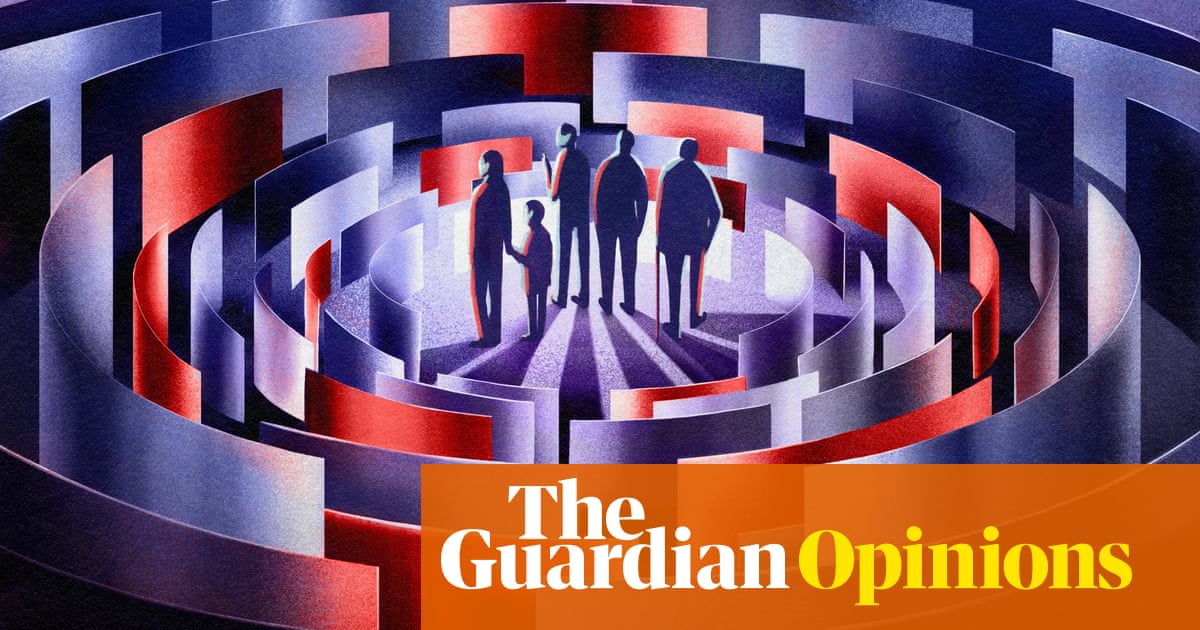
Coronavirus may be doing its best to cancel Christmas but, for the time being anyway, shoppers are carrying on regardless, with this week’s Black Friday online sales expected to reach new heights.
In previous years, store chiefs have agonised about the impact on their high street chains of the US-inspired discount event, which arrived on British shores with a bang in 2013. But come this (Black) Friday, selling online will – for anything other than essentials – be the only game in town for retailers, whose shops may by then be closed in three of the four home nations.
Richard Lim, chief executive of consultancy Retail Economics, says lockdown 2 means a “seismic shift” towards online shopping this Christmas. Around 23 million Britons are expected to do most of their gift buying on the internet, in a development that will starve struggling high streets of much-needed business.
“I think people are well aware that this Christmas is going to be completely different,” he says. “They are not going to be able to go to their local town centre or shopping mall and have the same pleasant experience as they had last year.”
The virtual high street has already gone into overdrive: online sales are up 58% in the second week of November compared with the same period last year, according to internet industry body IMRG. It predicts that sales during Black Friday week will end up being between 35% and 45% higher than in 2019.
In a tactic borrowed from the government’s response to the health crisis, retailers have been trying to “flatten the curve” to prevent their delivery systems collapsing under the strain. They therefore started cutting prices earlier than usual, mindful that a huge, late surge of ordering could overwhelm socially distanced warehouses and courier networks.
Of the 320 retailers monitored by IMRG, almost 30% were running offers in the middle of last week, compared with about 11% in 2019.
Despite the drip feed of promotions throughout November, spending usually reaches a crescendo in the final weekend, when shoppers are expected to spend a total of £7.5bn on clothing, toys and gadgets.
That is a big number, but will be 12% down on 2019 spending, according to a Centre for Retail Research report for Vouchercodes.co.uk. The dip will be due to a big change in the ways we shop, with online sales expected to be up nearly £2bn at £5.8bn while, on the back of widespread closures, takings in stores will be down £3bn to £1.7bn .
Kelly Askew of consultancy Accenture says many retailers did not anticipate a second lockdown. The industry is “bracing for larger-than-normal e-commerce volumes, but just how much larger we don’t know yet”, he adds.
What is certain is the topsy-turvy conditions created by the pandemic will test the virtual high street to its limits this week.
In a sign of problems that could face many of us, last week’s virtual scrum for the new Sony PlayStation 5 saw the websites of several major retailers, including John Lewis and Curry’s PC World, either crash or be forced to introduce queuing systems. Tesco’s website similarly crumpled when shoppers logged on en masse to try to book a Christmas food delivery slot.
The PlayStation 5 debacle is a “reality check” for retailers, which do not have a “limitless capacity for online sales”, according to Lim.
“It took years and years of investment to be able to cope with the level of demand we had pre-pandemic…The industry can’t suddenly move from making 20% of sales online to 50% or 60%.”
This latest lockdown promises to “leave deep scars” on the high street, Lim adds, particularly for the small businesses that are already “hanging on by a thread” after having to close for months in the spring.












